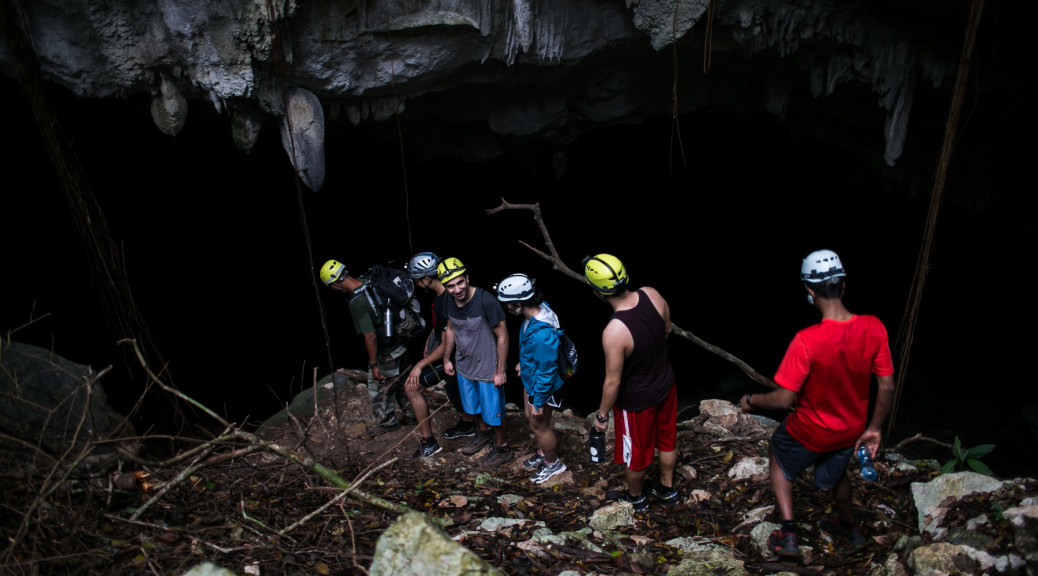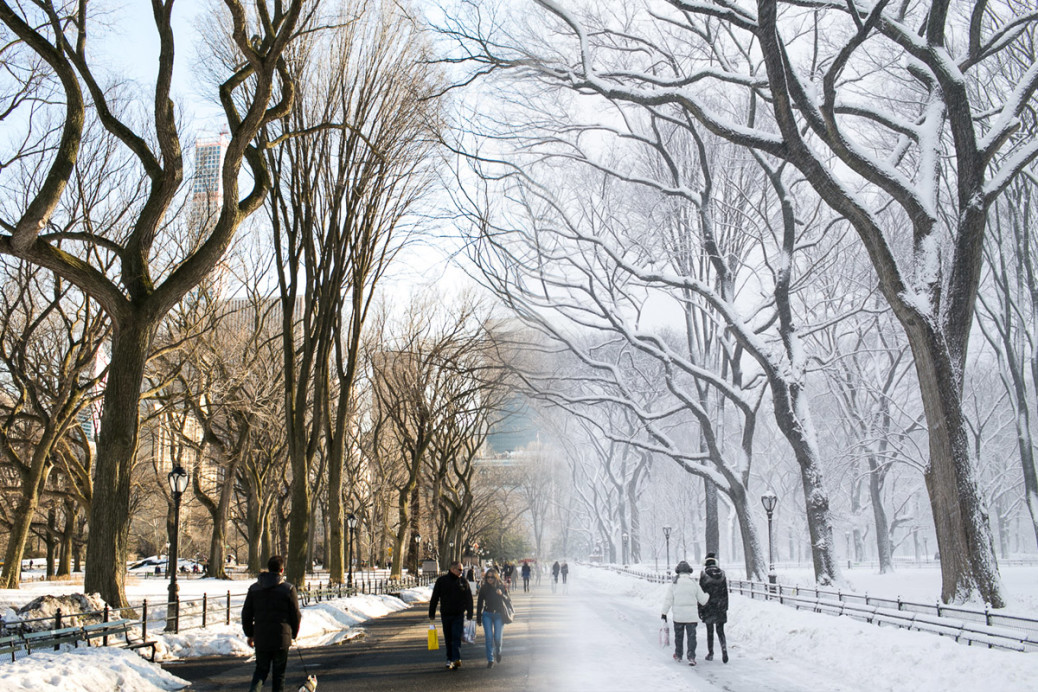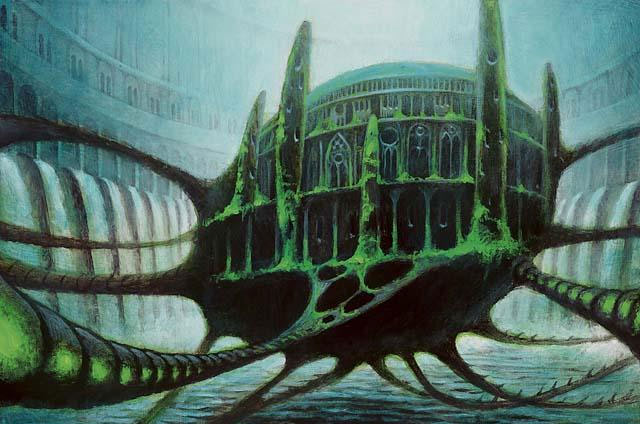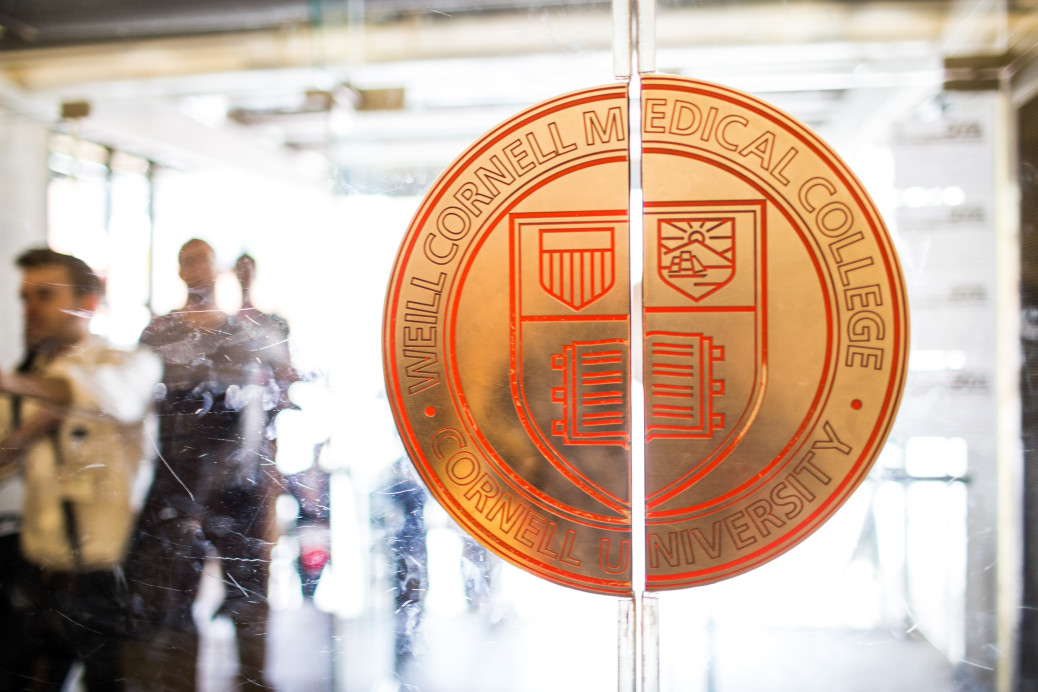Call me a wimp, but a flesh wound to my left pinky has crippled me for an entire week and counting. Continue reading A crippling finger wound
Belize Spring Break? more like Spring Ache!
Five of my med school buddies and I set off to Belize during spring break. We were determined to make it as EXTREME as possible. For eight days, in eight different ways, we pushed ourselves to the physical limit and placed ourselves in mortal danger. In fact, I was so busy trying not to die that I couldn’t actually take photos properly. Let’s see how that happened. (I may be exaggerating a little) Continue reading Belize Spring Break? more like Spring Ache!
Four Days of Thawing
Last Thursday, I ditched a class to go shoot an actual earnest snowstorm in Central Park as it was happening (rf: see the previous post about the blizzard that didn’t happen). Because of the dense cloud cover, the thick snow in the air, and rapid accumulation on a cold day with heavy snowfall, the park looked like a real outdoor environment. I could almost forget I was smack dab in the middle of an enormous urban metropolis. Continue reading Four Days of Thawing
Magical to Medicinal Memory
“Quick, somebody help!!” A man rushes out of a room and looks about the hospital hallway in a panic. He spots me standing there in my white coat and races toward me. “She’s having trouble breathing! Please, come do something!”
After relaying the message, I hurry into the room to see if I can help. There she is, a woman is lying there on the bed, barely conscious. Her heart is racing, and she is so short of breath that she couldn’t get any words out even if she wanted to.
The panicked man glances back and forth between her, lying there helpless, and me, standing there unhelpfully. “She just came in for some heart problems! Why can’t she breathe?”
I glance around while my mind races to connect the dots. The pulse is 133. Tachycardia. The EKG looks a little funny, irregularly irregular. Atrial fibrillation. Oxygen saturation: 91%. Hypoxemia. I bring stethoscope straight to the mid-sternal line listen. “Heart failure,” I say. “Her heart is struggling to pump, so blood pressure is starting to back up into her lungs, causing fluid to leak into the airspace.”
He looks at me, apparently confused by the lingo. “Well, can’t you give her some drugs to help?”
The question catches me off guard, and my heart skips. What can I give her? Continue reading Magical to Medicinal Memory
The Infamous Snowshoe Hike
Were you here at Weill Cornell med school, you’d probably be hearing rumors flying around about the snowshoe hike that went down this weekend. As one of the nine hikers, let me tell you our story. Continue reading The Infamous Snowshoe Hike
NYC “Blizzard”
There was talk that the blizzard that was going to hit New York City on Tuesday, January 27th, 2015, was going to be historic. Forecasts were predicting anywhere from 24-36 inches of snow overnight. Social media was going nuts. Governor Cuomo haphazardly implemented a travel ban, closing all roads and shutting down the entire MTA. The entire thing.
(But as we all know now, Juno blew by and spared NYC this time. Still, I’m just going to talk about my photographic adventures, okay? Okay.)
2014: Med School Reflection
“Some days feel like years and some years feel like days.”
That’s a saying my PBL leader Dr. Meyer told us that is invoked in medicine, describing the bizarre time warp that consumes us. Yes, there are days, patient after patient, that never seem like they never end, but there are also entire years and projects that rush by in a blink of an eye.
The beginning of medical school has felt precisely like that. Every day — chock full of classes and labs back-to-back, interest group meetings sprinkled in, shadowing opportunities if I can manage, then hard-core studying too, and somewhere in there things like eating, sleeping, running, and attempting to do normal life things. Yet, somehow, 3 full months have already gone on by?! We’ve almost completed our basic science curriculum and all of gross anatomy?!
Why yes. Yes we have. Continue reading 2014: Med School Reflection
Phases of Central Park
If there was one thing for me to continue from last year (i.e. this blog’s work), it had to be nature photography. Obviously, living in New York City offers many perks, but easy access to nature is not one of them. Central Park is my one respite, a 0.8 mile run up 7 avenues from campus, so I started going pretty darn often. Continue reading Phases of Central Park







